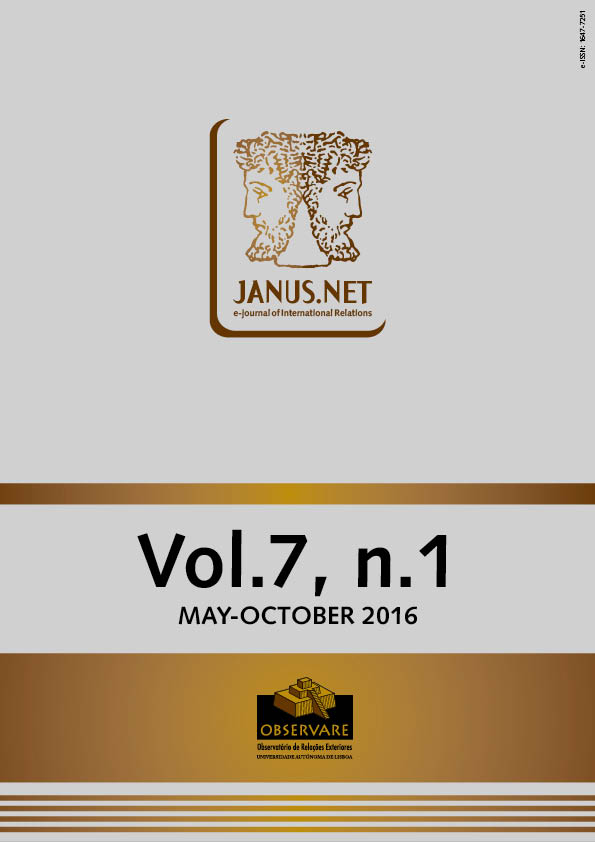This article explores pragmatic pacifist approaches to conflict resolution, i.e. the aspects that justify pacifist norms based on its strategic effectiveness and not on actors’ belief systems. The article initially proposes a conceptualisation of pacifism and non-violence, seeking to show how these concepts interrelate and how they integrate in the field of conflict resolution. From this conceptual basis, the article focuses on the examination of pragmatic pacifist approaches, highlighting their theoretical base, their techniques and methods of action, as well as the major future challenges of research agendas on the theme.
PACIFIST APPROACHES TO CONFLICT RESOLUTION: AN OVERVIEW OF PRAGMATIC PACIFISM
Associate Professor of International Relations and Foreign Policy at the Federal University of Rio de Janeiro (Brazil). Doctor of International Relations, International Politics and Conflict Resolution, University of Coimbra. His research interests are concentrated in the area of Peace and Conflict Studies and Critical Security Studies, with particular emphasis on the following themes: peace operations, criticism of liberal peace, conflict transformation, political economy of "new wars", strategic non-violent action, theory of securitisation, critical theory of international relations, civil conflict in Somalia, links between foreign policy, security and defence in Brazil.
Resumo
Palavras-chave
Como citar este artigo
Oliveira, Gilberto Carvalho (2016). “Pacifist approaches to conflict resolution: an overview of pragmatic pacifism”. JANUS.NET e-journal of International Relations, Vol. 7, Nº. 1, May-October 2016. Consulted [online] on the date of last consultation, http://hdl.handle.net/11144/2619
Article received on 26 January, 2016 and accepted for publication on 15 February, 2016















